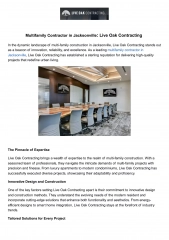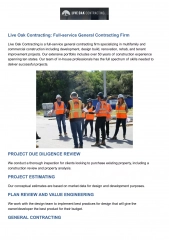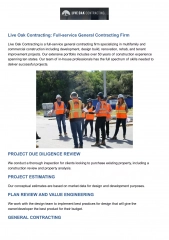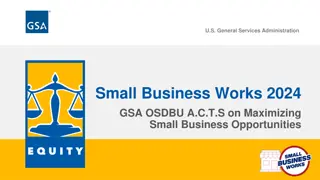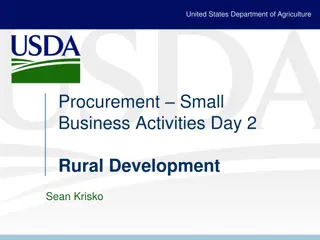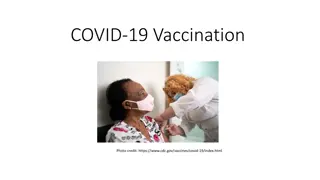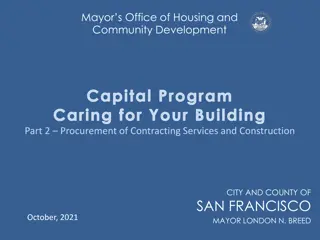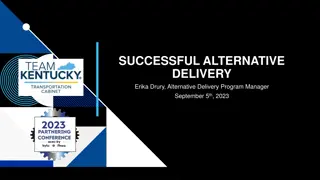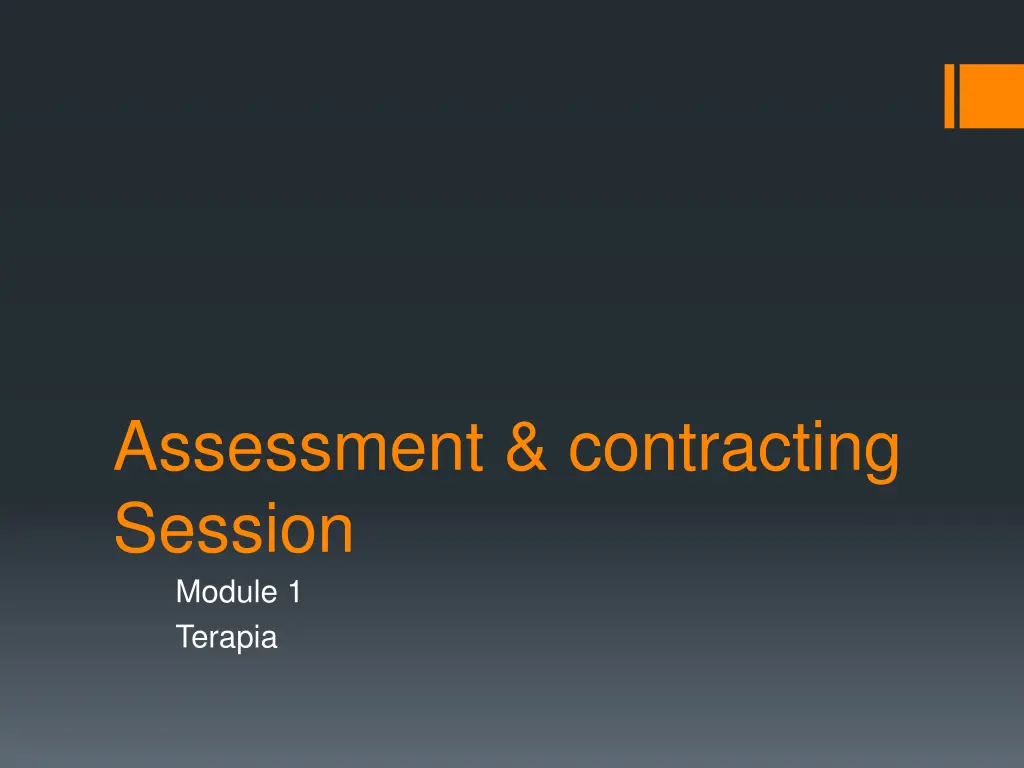
Effective Assessment and Contracting in Counseling
Enhance your counseling practice with detailed guidance on assessment, contracting, orientation, boundaries, information gathering, client history, current situation, mental health history, and previous counseling experiences.
Download Presentation

Please find below an Image/Link to download the presentation.
The content on the website is provided AS IS for your information and personal use only. It may not be sold, licensed, or shared on other websites without obtaining consent from the author. If you encounter any issues during the download, it is possible that the publisher has removed the file from their server.
You are allowed to download the files provided on this website for personal or commercial use, subject to the condition that they are used lawfully. All files are the property of their respective owners.
The content on the website is provided AS IS for your information and personal use only. It may not be sold, licensed, or shared on other websites without obtaining consent from the author.
E N D
Presentation Transcript
Assessment & contracting Session Module 1 Terapia
Aims to clarify client s reason for counselling to clarify referrer s reason for counselling to clarify aspect of the working alliance to assess client s suitability for the work you are offering to assess your ability to work with the client to establish a working relationship to clarify and define concerns To give the client an opportunity to decide if they want to work with you!
Orientation and Boundaries Establishing core boundaries: timing of the sessions number of sessions being offered Boundaries about terminating the relationship Note taking, (recording sessions etc.) Limits of confidentiality
Information gathered during assessment session: Client s details, GP details, (these should be recorded separately to any other notes, which contain personal story) Client s reason for referral Break down broad issues of concern to specific details Why now Clients desired outcome of counselling
Clients history: Parents, siblings, upbringing, family history, past relationship, significant people in client s childhood and young adulthood, traumatic experiences, bereavement and losses Place client in social context Understand client s cultural, religious and ethnic background Be aware of patterns and the themes that informs you of client s view of self, others, the world and his/her strengths and resources. Be aware of themes that may inform you about what is maintaining his/her problem.
Client Current situation: Marital status, age, children yes/no, nature of current relationship (if any), work, employment,
Mental health History Suicide risk, drug and alcohol history, Type, dose of medication, if any Medical History Client s smoking, alcohol and drug habits
Previous experience of counselling/psychotherapy Nature, length, theoretical approach. Outcome, what helped or hindered the outcome, Client s feeling about that experience
Observations: Client s behaviour, personality, mood, eye contact, ability to express his/her feelings, Ability to gain insight, general suitability for therapeutic intervention. Nature of issues brought to counselling. Formulate your working hypothesis
Recommendations: Tentative treatment plan Any alternative referral (if appropriate)
Some Contra-Indicators for Counselling: Psychotic disorders Acute stage of Depressive or Bipolar I &II disorders Poor motivation to counselling
Some Contra-Indicators for Short Term Counselling All above Inability to establish rapport Chronic problem history with no recent identifiable change Little motivation to explore issues Some childhood issues which influenced long-term, repeated patterns throughout client s life
Contracting CONTRACTING MAY INCLUDE Written: Confidentiality and its limits Payment details Cancellation policy Holiday policy Session length and appointment time(s) Ending notice period (if applicable)
Contracting (continued) Written (continued) Clinical supervision role and function GDPR/data protection information about notes Alcohol / drugs Information about: emergency contact, GP, school (children) Arrival (if relevant) e.g no waiting area, don t arrive early How / when to contact between sessions Verbal What to do if you meet outside the therapy room? Safe behaviour in the therapy room (particularly children)


